Multiplayer Dynamics in Overwatch
Oct-23-2024
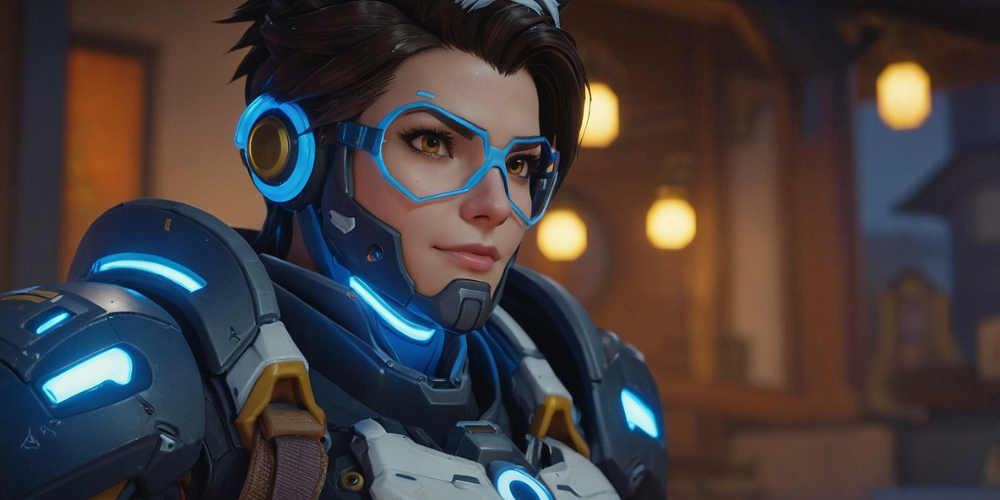
As a passionate gamer, diving into Overwatch has been an exhilarating experience. Right from the initial game, I was drawn into a lively universe brimming with distinct personalities and exhilarating action. The essence of Overwatch lies not just in its visual appeal or intricate maps, but significantly in its multiplayer dynamics. Understanding these interactions can make or break a game experience.
The Role of Communication in Team Play
One of the first lessons I learned was the crucial role of communication. Overwatch encourages players to collaborate and strategize. When I've played with friends, we utilize voice chat and text notifications to share critical information, such as enemy positions or cooldown times. Proper communication transforms the gameplay, allowing for coordinated pushes and tactical retreats. When I find a team that communicates well, I know I'm in for a rewarding match.
Picking the Right Heroes
The selection of heroes can drastically impact multiplayer dynamics. Each hero has unique abilities that can complement or counter those of other characters. Based on the match's progression, I've found that sometimes a DPS hero might be the best choice, while other times, a tank or support can turn the tides. Adaptability in hero choice is a skill I've honed over time. When I play with a mix of tanks, damage dealers, and support, the synergy often becomes apparent, leading us to victories.
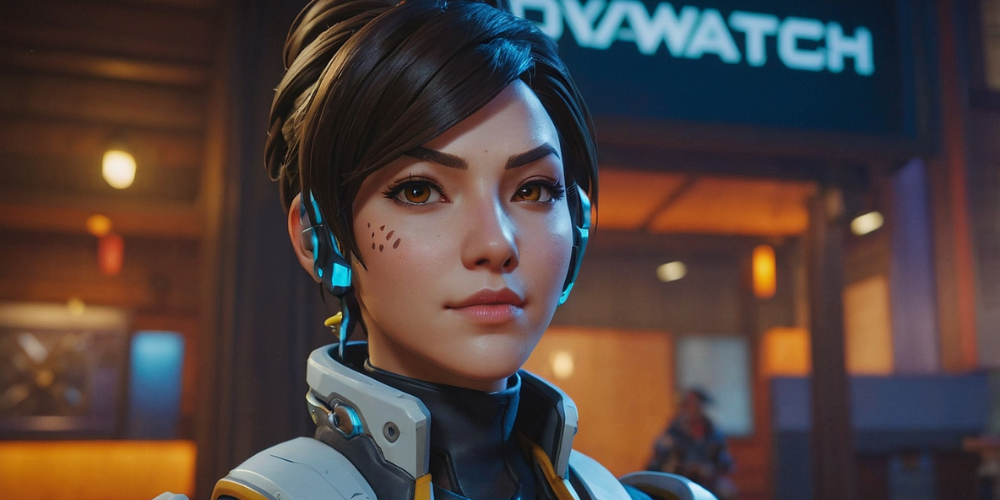
The Importance of Team Composition
When selecting heroes, I've noticed how essential team composition is for success. A balanced composition—ideally comprising of two tanks, two damage dealers, and two supports—ensures that we have strength on the frontlines while still being able to dish out damage and heal. I recall a match where I leaned towards an aggressive DPS strategy, only to be overwhelmed by an opponent’s coordinated team of tanks and support. That experience taught me the value of balance.
Map Awareness and Positioning
Overwatch maps are intricately designed to promote strategic movement and positioning. As I navigated through maps like King's Row or Hanamura, I learned how certain areas could provide advantages. High ground offers tactical superiority, while tight corridors lend themselves to ambushes. Positioning can often be the difference between a successful attack or an abrupt defeat, reinforcing the need for spatial awareness during matches.
The Impact of Role Variability
Each role in Overwatch—tank, damage, and support—offers different gameplay experiences. As a tank player, I've often absorbed damage and created openings for my team to capitalize on. On the other hand, stepping into the damage role allows me to focus on eliminating threats. As a support character, I focus on keeping teammates alive, and I've learned that my contributions can sway the match significantly. Experiencing each role has taught me to appreciate the dynamics that come with them.
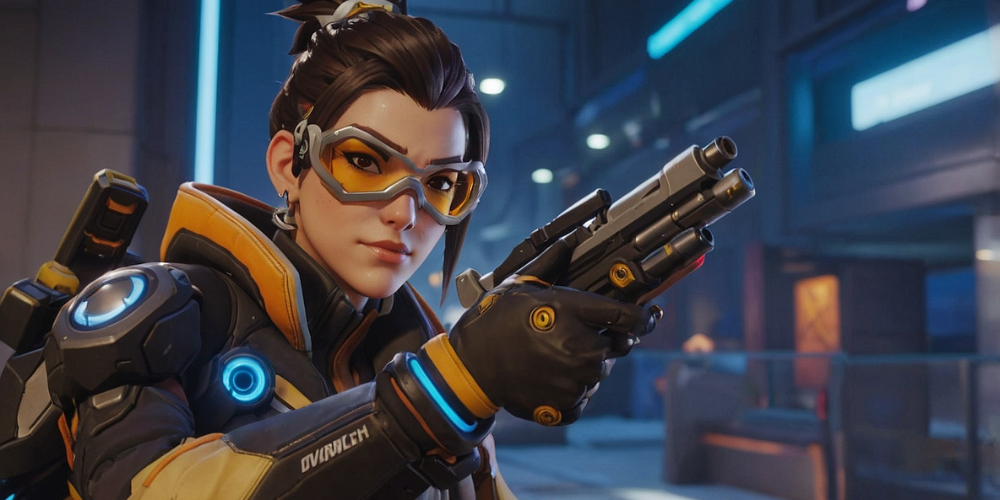
Synergizing Abilities
Coordinating abilities can lead to devastating combinations. I remember a match where I played as Winston, diving into a group of enemies while my teammate, a Zarya, followed closely behind. The moment I initiated with a jump, I popped her Graviton Surge, trapping enemies and allowing us to unleash damage. Working closely with others to time our abilities has been one of the most rewarding aspects of multiplayer interaction. The thrill that comes from a perfectly executed combo is unparalleled.
Adapting Strategies on the Fly
In Overwatch, adaptability is key. I often find myself in scenarios where the initial strategy no longer works. Whether it’s the enemy team’s unexpected composition or unforeseen player skill levels, being able to pivot quickly is essential. During a recent match, I noticed the enemy team had a high skill Sniper. Instead of trying to beat her with another DPS character, I switched to a flanker hero to catch her off guard. This flexibility has enhanced my understanding and experience in multiplayer matches.
Handling Tilt and Frustration
Being in a competitive environment inevitably leads to moments of frustration. There have been times when I felt the urge to rage quit, especially during unbalanced matches. However, I’ve learned to channel that energy productively. Accepting that losses are part of the game has cultivated a more resilient mindset. Taking a deep breath and focusing on what I can learn from each match has proven to be priceless.
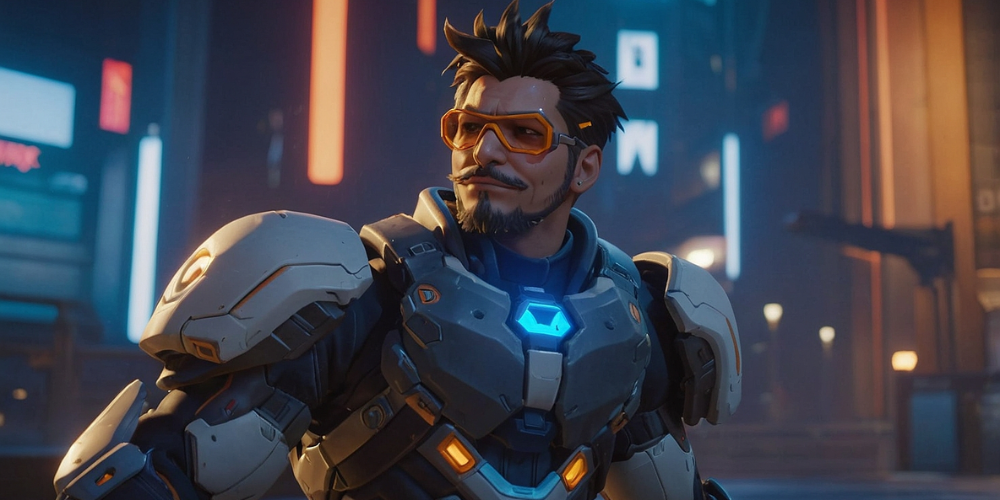
Community and Social Interaction
The social aspect of Overwatch cannot be understated. I’ve connected with countless players, some of whom have become lifelong friends. Whether it's through shared victories, defeats, or even simple chats during matches, the sense of community elevates gameplay. Participating in player forums or joining groups on social media has allowed me to engage with others who share my passion and gain insights into gameplay strategies.
Learning from the Pros
To improve my skills, I frequently watch professional Overwatch players and tournaments. Observing their strategies and movements has provided me with a wealth of knowledge. Their ability to navigate maps, utilize sound strategies, and communicate effectively inspires me to step up my game. There’s an element of performance in professional play that motivates me to practice and push my limits in multiplayer dynamics.
Experimenting with Different Playstyles
Over time, experimenting with different playstyles has enhanced my gameplay experience. I’ve tried everything from aggressive rush strategies to more passive, defensive tactics. Playing different heroes and implementing diverse strategies taught me valuable lessons about adaptability and awareness. It made me a more versatile player, capable of shifting gears depending on the team’s needs.
Understanding ELO and Competitive Ranking
The competitive ranking system in Overwatch is an interesting dynamic that can drastically affect the multiplayer experience. As I started pushing towards higher ranks, I realized how important understanding ELO (TrueSkill) is. Each match's outcome doesn't just affect me—it impacts my teammates. The pressure to perform can be intense, but it also fosters a deeper appreciation for teamwork, where every decision counts.
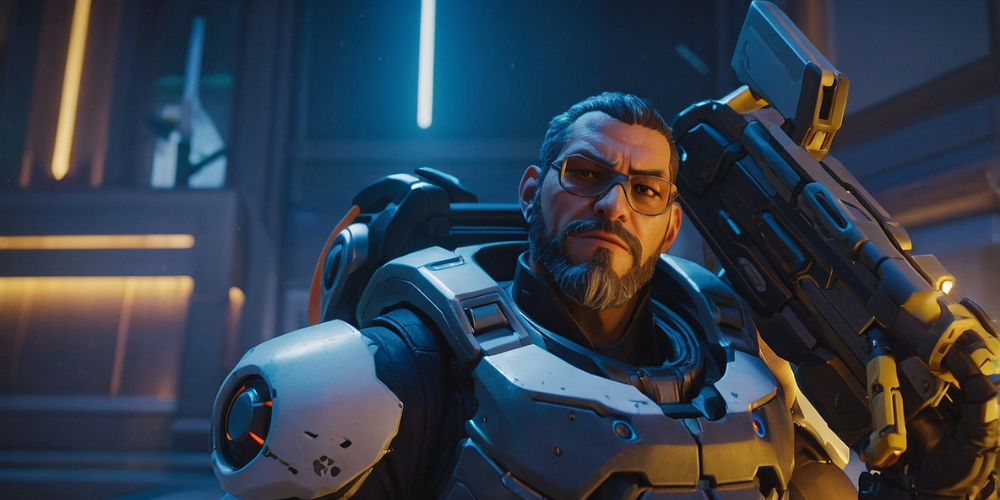
Environment and Atmosphere of Matches
The atmosphere in Overwatch matches is electric. I’ve found that crucial moments in matches, such as overtime or a last-minute team wipe, create palpable excitement. The adrenaline rush during these times heightens the emotional stakes, making victories more rewarding and losses more challenging. Whether it’s cheering with friends after a hard-fought win or lamenting missed opportunities, the emotional rollercoaster contributes to the thrill of multiplayer dynamics.
Constant Updates and Evolving Meta
Overwatch keeps things fresh with regular updates and balance changes. These adjustments often shift the meta, requiring players to adapt their strategies. I’ve found myself learning how to effectively counter new heroes or rework strategies in response to changes. The constant evolution of the game keeps me engaged and allows me to continuously refine my understanding of multiplayer dynamics.
Personal Growth and Development
Lastly, my journey in Overwatch has fostered personal growth. Beyond refining my gaming skills, I’ve developed better communication and teamwork abilities. Whether it’s leading a team successfully or holding myself accountable for mistakes, Overwatch has pushed me to grow as a player and as an individual. The relationships formed and lessons learned throughout multiple matches have left a lasting impact on my overall gaming journey.







